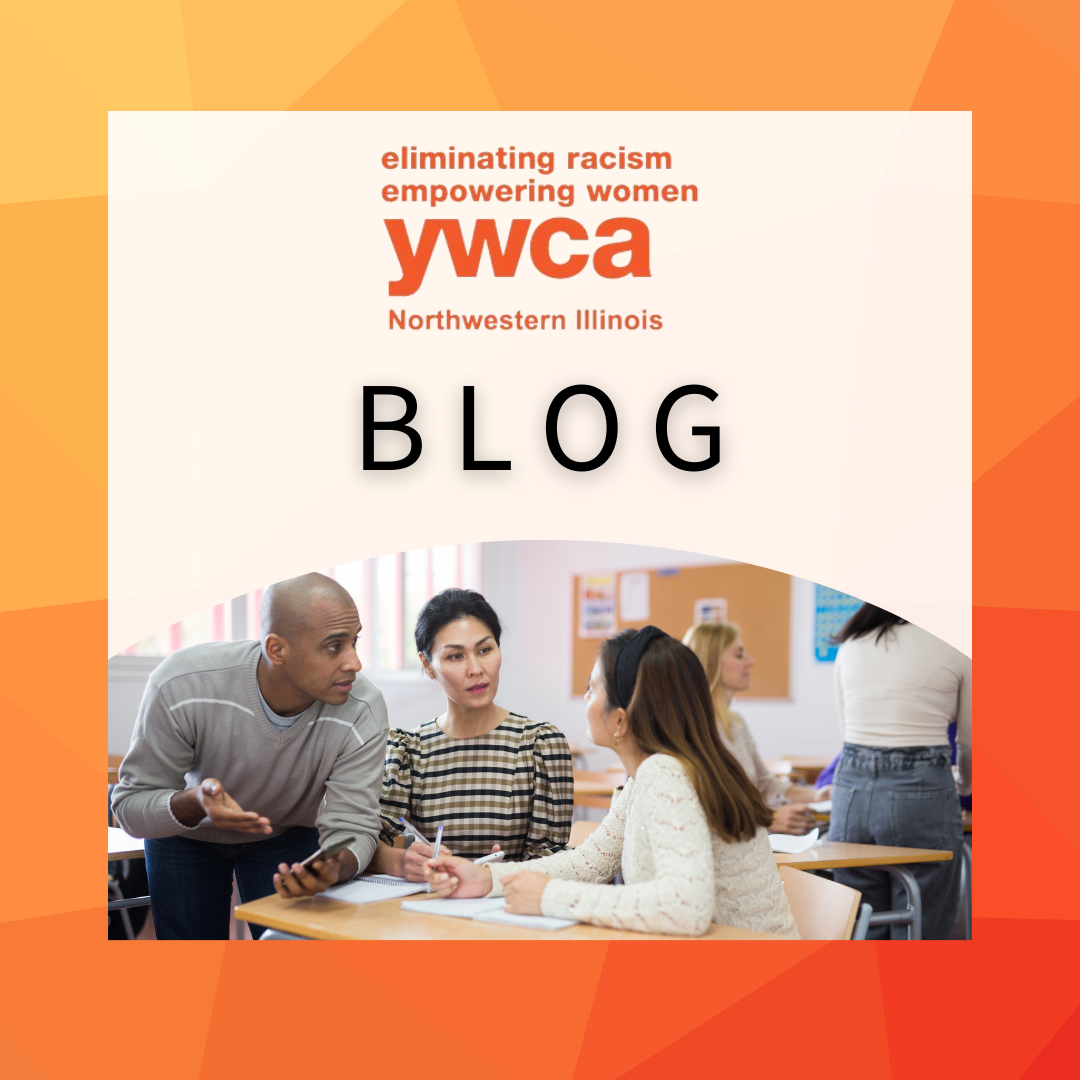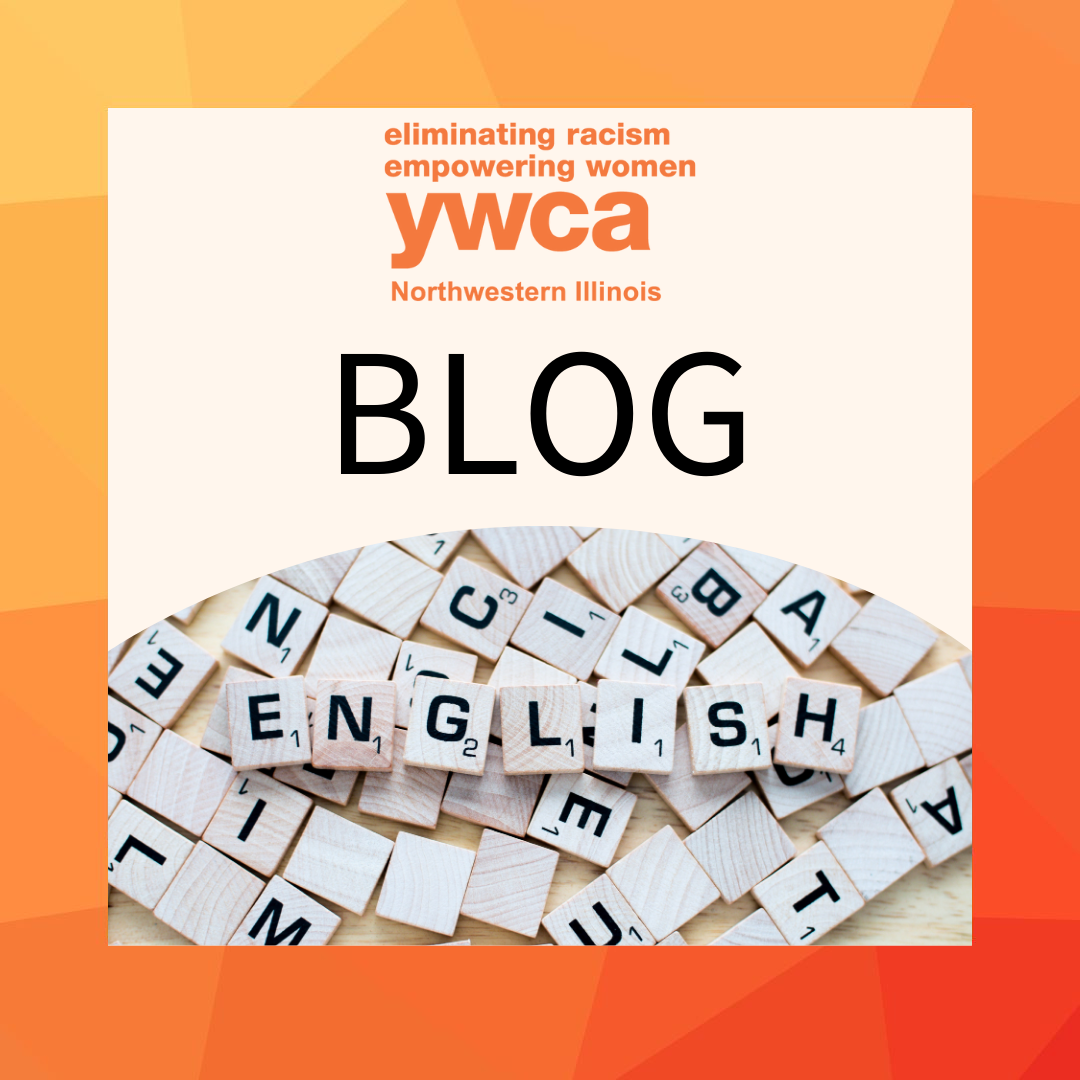Getting back into the classroom as an adult can be difficult. Responsibilities to family and work can seem overwhelming and leave little time for learning. But think about the challenges non-native English speakers deal with on a day to day basis that add time and frustration into their lives. Non-native English language speakers face challenges with communication which can make simple tasks like ordering food or asking for directions extremely difficult. Struggling with English can lead to social isolation, as individuals may have difficulty making friends, connecting with others in their community, and seeking employment. One of our English Language learners wrote about his early struggles as an immigrant who did not speak English.
“When I came to America, I didn’t speak English. Sometimes I pretended to be deaf to avoid talking to the locals. I even had trouble answering the phone, because I didn’t know how to form an English sentence. The more time passed, the more the problems increased. I decided to go to school to do ESL. I met a teacher who taught me to read and connect words with all letters from A to Z. She taught me how to write, and to be confident when speaking English with locals. I’m confident and I’m not afraid of anything, even if I don’t know much. I will know later.”
Now, a year later he knows so much more! He is confident and successful in an High Intermediate English class. He is now part of a community of learners who support each other as they develop their English skills.
If you would like to learn English in a supportive environment YWCA Literacy Council wants to help you!
Registration is open now for interested learners who want to take an ESL class or obtain a one-on-one adult volunteer tutor. For more information use this link to register and be placed on the waiting list.
-Elizabeth Johnston, ICCB Supervisor




